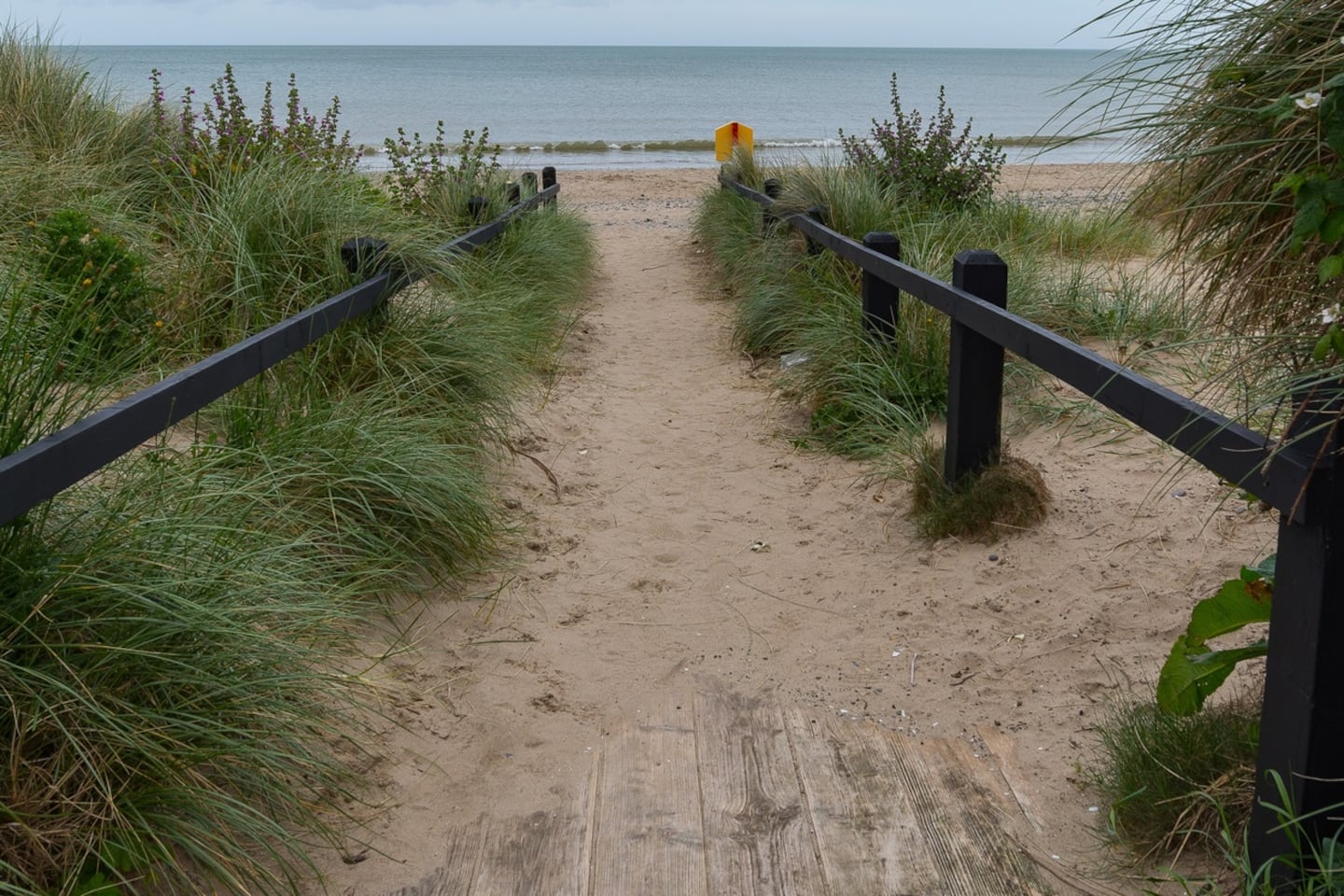Regulators say they are aware of challenges faced by waste-to-energy plants required to turn down electricity generation when other power sources are available to the grid.
A body representing Indaver in Duleek, Co Meath and Dublin Waste-to-Energy, says the Irish market loses enough electricity to supply 1,000 homes a year because they are prevented from generating power all the time.
The Commission for the Regulation of Utilities (CRU) confirmed it was aware of the problem.
The regulator confirmed that the single electricity market would consult on the process that determines the order in which generators are switched on to supply power, known as the priority dispatch hierarchy, later this year. “Priority dispatch exists to maximise the level of renewable generation on the system at all times,” the CRU said.
READ MORE
About half the electricity that waste-to-energy plants generate is classed as renewable.
The local branch of their representative body, the Confederation of European Waste-to-Energy Plants (CEWEP) Ireland, said they should be treated as “always on” generators.
The organisation said that along with losing electricity, the problem was forcing the Republic to export more waste or divert it to landfill, contrary to policies on waste treatment and electricity generation.
CEWEP Ireland welcomes the priority dispatch consultation but warns that it could take some years, time its members do not have. The organisation also points out that no other European waste-to-energy plants are asked to dial down electricity output.














